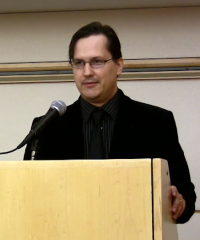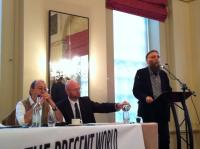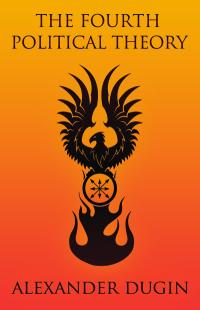AGAINST THE HOMO EQUALIS AND MODERN CONSERVATISM
Egalitarians, be it modern liberals or the Left, would like everyone to think that the colonisation of White homelands by settlers of colour is irreversible, and that this (according them) now permanent situation is a sign of ‘progress’, resulting from the technological overcoming of geographical barriers, the deprecation of ‘antiquated’ notions of identity, the destruction of traditional hierarchies, and the increasing move towards a fluid world. Yet this is vision is purely ideological: there is nothing intrinsically progressive inegalitarianism or globalisation,the latter of which is an expression of the former; they are merely the expression of an ethics that subjectively declares equality to be an absolute moral good. And herein lies the principal difficulty in the effort to instigate a change of government policy: in our age, the dominant morality in our society is an egalitarian morality, and it is this, rather than any of the contrived pseudo-economic arguments we often hear repeated in the mainstream media and liberal and Left-leaning think tanks, that serves as the ultimate basis for justification—either for continuing the policy or for not reversing it. Most ordinary citizens in the West agree that there are too many ‘immigrants’ (settlers of colour) and would rather their governments stopped them coming and sent most of them back. They dare not say or call for this publicly, however, because they fear that desiring this makes them ‘bad people’ and would cause others to think them so too. This is why no amount of economic data, crime statistics, or racial science has any effect on policy. To see it change we will need to be able to articulate the case for change in moral terms, and I believe this cannot be achieved without attacking egalitarianism in moral terms, because it is its enshrinement of equality as a moral good that lies at the base ofthe modern liberal project.Once the moral standing of egalitarianism is destabilised, and once an ethics of inequality (the moral goodness of difference, or the moral goodness of quality) issuccessfully articulated, then it will become a lot easier to justify a change inimmigration policy throughout the West.Of course, reversing the effects of decades of colonisation is more difficult whereit has been more intensive and where the indigenous have intermarried with thesettlers, but, from the perspective of physically relocating, those who immigratedcan just as easily emigrate: after all, did they not emigrate from their countries oforigin in the first place? It is not the migration that is difficult, even if large numbers are involved—it’s everything else.




















